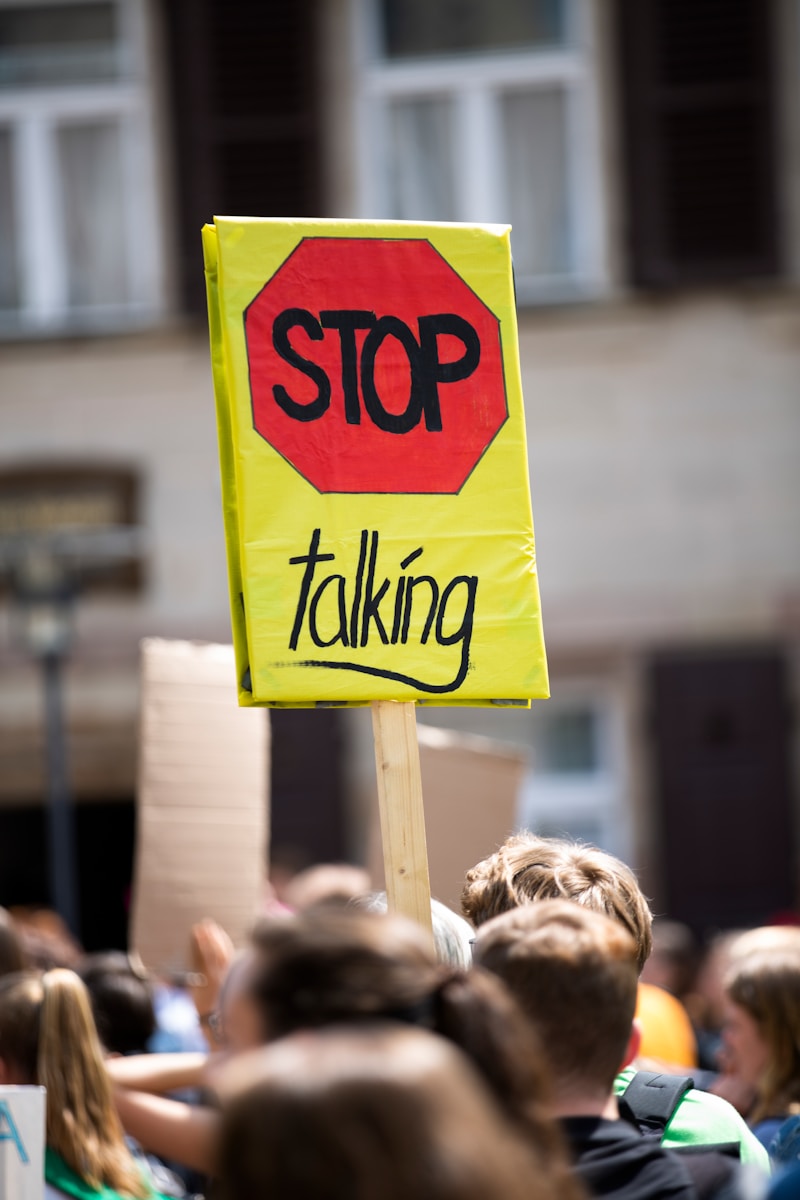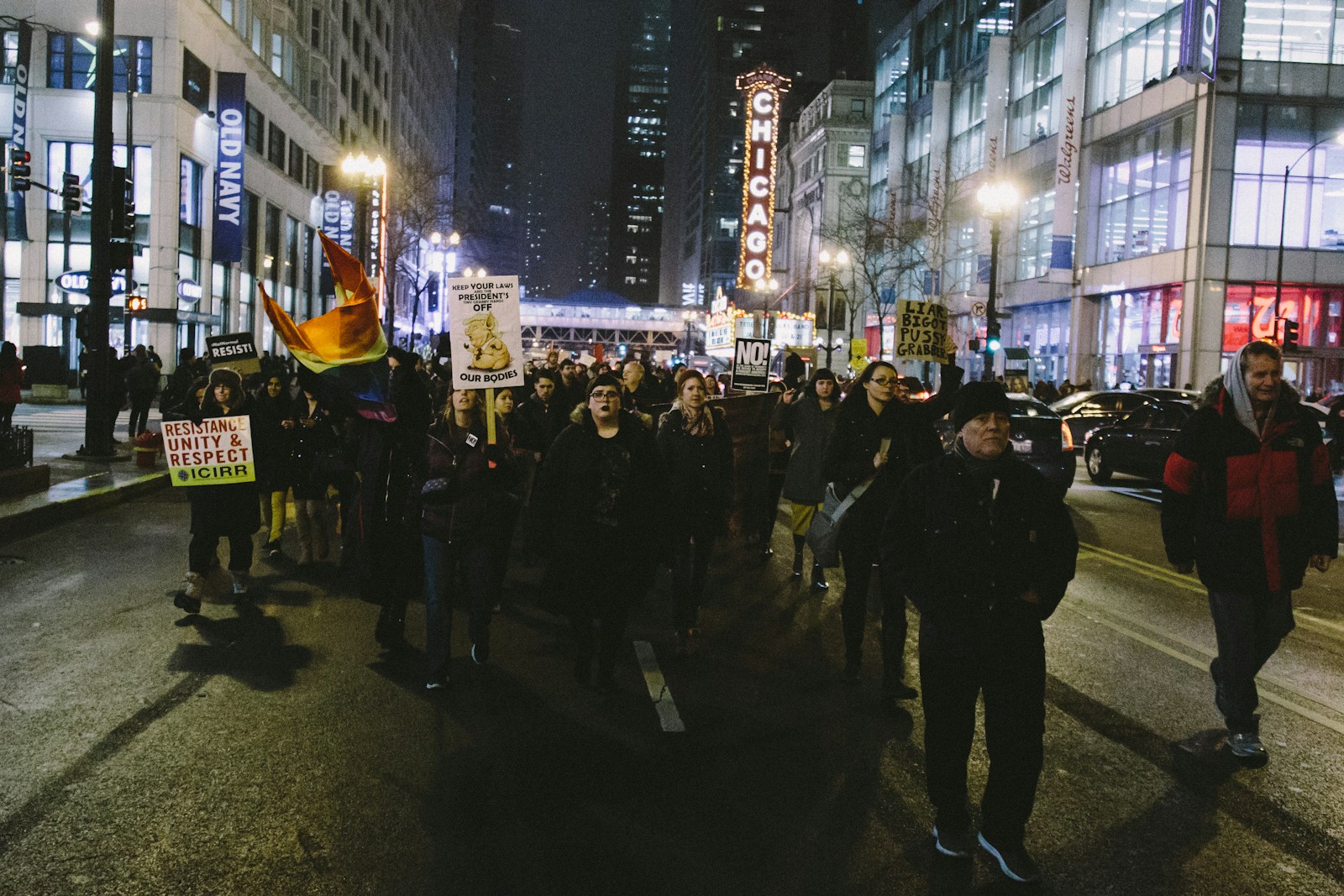hate speech: 5 Shocking Facts You Must Know Today
The recent conviction of Julius Malema, leader of South Africa’s Economic Freedom Fighters (EFF), has reignited national debates about hate speech, justice, and freedom of expression. While his supporters claim it’s a politically motivated attack, others argue the ruling is a long-overdue step to protect democracy. This article explores the wider implications of the case and why the verdict is shaking South Africa’s political landscape.
1. hate speech and Its Growing Legal Weight
In South Africa, hate speech is not just a moral issue but a legal one. The country’s constitution protects freedom of speech, but it also draws a clear line when words incite violence or discrimination. Malema’s case has become a turning point in defining how far public figures can go before their rhetoric becomes unlawful. This ruling may set a precedent for future political discourse and how society handles inflammatory speech.
2. Political Shockwaves Across the Nation
The guilty verdict sent political shockwaves across the country. Supporters of the EFF see this as an attempt to silence a revolutionary voice, while critics view it as long-overdue accountability. South Africa’s history of racial tensions makes the case especially sensitive. The ruling reminds citizens that words matter deeply, especially when spoken by influential leaders in a society still healing from its apartheid scars.
3. Public Reaction: Divided and Emotional
The response from the public has been deeply divided. On one side, civil rights groups and anti-racism organizations celebrated the verdict as a victory for justice. On the other, EFF supporters staged rallies claiming the system is biased. News outlets, including BBC Africa, highlighted how this event mirrors global struggles against divisive speech. The ruling is not just about Malema it reflects a broader societal conflict over identity, justice, and democracy.
4. The Role of Media in Shaping Narratives
Media outlets play a crucial role in how hate speech cases are perceived. While some channels highlight the dangers of inflammatory rhetoric, others focus on the political consequences of silencing leaders. Balanced journalism is vital here without it, the public risks being swayed by biased reporting. Global coverage of the Malema trial shows how the story resonates far beyond South Africa’s borders, igniting debates about democracy worldwide.
5. Legal Experts Weigh In
Constitutional scholars emphasize that the verdict could reshape the interpretation of free speech in South Africa. According to several legal analysts, this case establishes a framework for future prosecutions of hate speech. The outcome may inspire stricter laws or encourage judicial caution, depending on how appeals unfold. For deeper insights on constitutional law and free speech issues, Constitutionally Speaking offers expert commentary and legal perspectives.
6. Linking History with Present Tensions
To understand today’s debates about hate speech, one must revisit South Africa’s painful history. The wounds of apartheid are still visible, and words have always been weapons as much as policies. This is why rhetoric from influential figures carries enormous weight. Readers interested in exploring South Africa’s political history and its modern challenges can check our in-depth article on South Africa’s political journey, which connects past struggles to present realities.
7. Impact on South Africa’s Democracy
The conviction of Julius Malema highlights how hate speech directly affects the foundations of South Africa’s democracy. While free speech is a cornerstone of any democracy, unchecked inflammatory rhetoric risks polarizing communities and weakening social cohesion. This ruling signals a commitment to protecting both freedom and responsibility, ensuring that leaders are held accountable for their words as much as their actions.
8. The International Lens
Global reactions to the Malema ruling show how hate speech remains a universal challenge. From Europe to the United States, nations continue to struggle with balancing free expression and societal harmony. Analysts point out that South Africa’s approach may serve as a model or a cautionary tale for other democracies grappling with the rise of extremist rhetoric. The trial underscores how interconnected today’s debates on speech and justice truly are.
9. Lessons for Future Leaders
One clear takeaway from this case is that future leaders must carefully consider the weight of their words. In an era where social media amplifies every message, hate speech can spread faster and cause deeper divisions than ever before. Politicians and public figures are reminded that influence comes with responsibility. By prioritizing unity over division, leaders can prevent future conflicts and strengthen the fragile trust between government and citizens.
10. Moving Forward After the Verdict
The ruling against Julius Malema serves as a critical reminder of how hate speech can shape societies for better or worse. While his supporters remain defiant, the verdict challenges South Africans to reflect on the kind of democracy they want to build. Will the nation prioritize accountability, justice, and unity, or will it allow divisive rhetoric to deepen existing wounds? The answer will define not only the future of its politics but also the strength of its democratic institutions. South Africa now stands at a crossroads, and the lessons learned from this case may resonate for decades to come.




